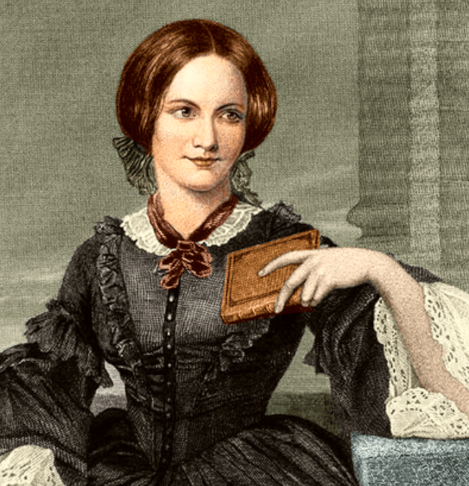Exploring Jane Eyre as a Bildungsroman
Jane Eyre, written by Charlotte Brontë, is not just a tale of love and hardship; it is also a quintessential example of the Bildungsroman genre. This type of novel chronicles the moral and psychological growth of its protagonist, offering readers a deeper understanding of character development and life’s challenges. By delving into Jane Eyre’s journey, we gain valuable insights into resilience, self-discovery, and the quest for identity.
The Journey of Self-Discovery
Throughout Jane Eyre, readers witness the transformative journey of the protagonist from a mistreated orphan to an independent woman. Early in the novel, Jane faces numerous challenges, including emotional abuse and social alienation, which shape her character and worldview. These formative experiences serve as a crucible for her development, pushing her to seek love, respect, and, ultimately, her own identity. This quest for self-discovery makes Jane an archetypal Bildungsroman character, as her trials and triumphs mirror the universal human experience of growing up and finding one’s place in the world.
Social Class and Identity Formation
Another critical element in Jane’s journey is her navigation of social class and its impact on her sense of self. Brontë weaves intricate themes of class distinction throughout the narrative, highlighting how Jane’s status as an orphan influences her relationships and aspirations. In her encounters with the privileged, such as Mr. Rochester, we see the tension between social expectations and personal desires. Jane’s insistence on remaining true to herself, regardless of her social standing, illustrates the struggle many face in reconciling external pressures with internal identity. This exploration of class struggle adds depth to her development, making it relatable and poignant.
The Role of Relationships in Growth
Throughout the novel, relationships play a significant role in Jane’s development. Her relationships with figures like Helen Burns, Miss Temple, and Mr. Rochester are instrumental in shaping her values and beliefs. Helen provides a model of compassion and endurance, while Miss Temple offers guidance and moral support. The complexity of Jane’s relationship with Mr. Rochester, rooted in both love and power dynamics, challenges her self-worth and independence. Each connection contributes to Jane’s growth and understanding of love, autonomy, and self-respect, reinforcing the idea that personal growth is deeply intertwined with the relationships we cultivate.
Conclusion
Jane Eyre stands as a powerful example of the Bildungsroman genre, illustrating the intricate interplay between personal growth, social challenges, and interpersonal relationships. Jane’s journey of self-discovery resonates with readers, making her story timeless and relevant. If you haven’t yet explored this classic novel, now is the perfect time to dive into Jane’s world and discover the lessons it offers for personal development and resilience. Embrace the adventure of understanding Jane Eyre’s journey—it might just inspire your own!
